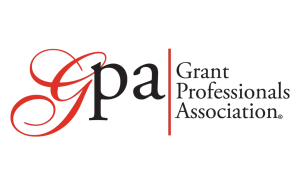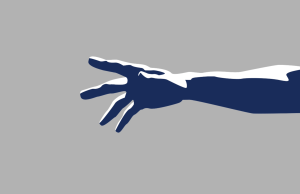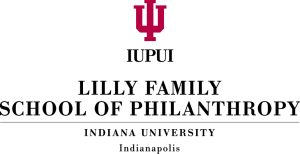Successful grant professionals are masters of detail. They can burrow into 100 pages of single-spaced, fed-speak instructions and emerge prepared to translate hundreds of granular requirements into a competitive proposal narrative. They can scour several years of a foundation’s 990-PF tax returns and figure out the sweet spot for the budget’s bottom-line and an approach that will lift the request above the competition.
In grants work, being detail oriented is an absolute requirement. But to be a top competitor, don’t forget the bigger picture.
“Think of a grant proposal as a drawing,” said Barbara Floersch, grant professional and author of You Have a Hammer: Building Grant Proposals for Social Change. “The bold outline gives the drawing structure and shape, and the fine, interior lines provide detail, nuance, and texture to complete the picture.” In addition to illustrating the fine details of your program plan, provide a brief overview of the environment in which the work will take place and a snapshot of the work’s importance within the context of long-term change.
Will your local-level community work be based on an approach that has proven to produce long-term impact? The one-year, grant-specific outcome you propose might be improved reading skills for 50 struggling students. But since research ties academic success to a plethora of positive, long-term results, be sure to frame the shorter-term change you propose within the larger context.
If you’re asking a foundation to fund public information and conservation activities to support bee populations in your city, place your detailed request within a broader outline of the problem. “The U.S. Department of Agriculture says that one out of every three bites of food in the United States depends on honeybees or other pollinators,” said Floersch. “Use a quick, broad stroke to explain the larger view of the problem, then provide a nuanced view of the situation in your service area and detailed information about your program plan and expected results.”
Providing broad-stroke information about the larger implications of your time-limited, geographically-specific work elevates its importance. “Keeping the larger picture in mind can also be a real motivator,” said Floersch. “When all the detail starts to drag you down, look up and refresh yourself with a broader view.”











